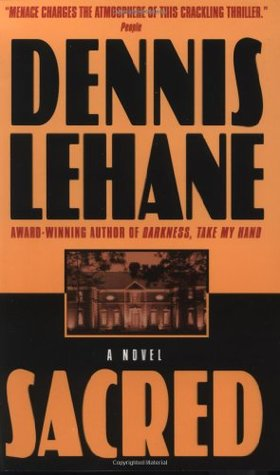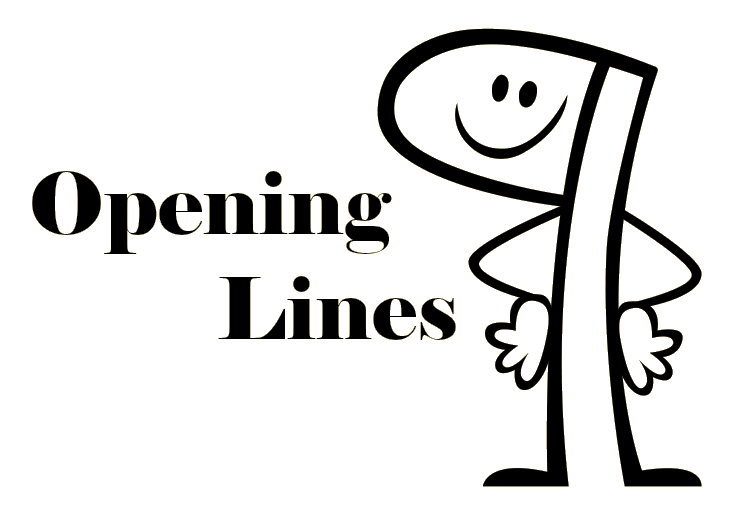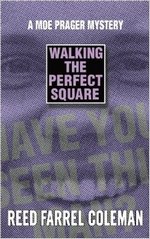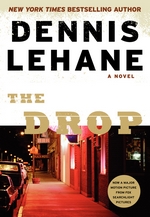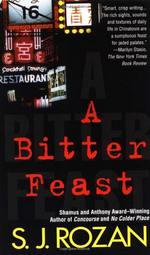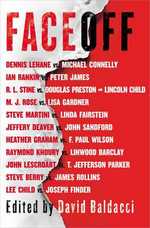Head & Shoulders used to tell us that, “You never get a second chance to make a first impression.” That’s true for wearing dark shirts, and it’s especially true for books. Sometimes the characters will hook the reader, sometimes the premise, sometimes it’s just knowing the author—but nothing beats a great opening for getting a reader to commit. This is the third book in one of my favorite series (and the fourth I’d read when I first encountered it), so I was pre-commited when I picked it up. But if I’d never read Lehane before, this would’ve done it for me.

A piece of advice: If you ever follow someone in my neighborhood, don’t wear pink.
The first day Angie and I picked up the little round guy on our tail, he wore a pink shirt under a gray suit and a black topcoat. The suit was double-breasted, Italian, and too nice for my part of town by several hundred dollars. The topcoat was cashmere. People in my neighborhood could afford cashmere, I suppose, but usually they spend so much on the duct tape that keeps their tail pipes attached to their ’82 Chevys, that they don’t have much left over for anything but that trip to Aruba.
The second day, the little round guy replaced the pink shirt with a more subdued white, lost the cashmere and the Italian suit, but still stuck out like Michael Jackson in a day care center by wearing a hat. Nobody in my neighborhood–or any of Boston’s inner-city neighborhoods that I know of–wears anything on their head but a baseball cap or the occasional tweed Scally. And our friend, the Weeble, as we’d come to call him, wore a bowler. A fine-looking bowler, don’t get me wrong, but a bowler just the same.
“He could be an alien,” Angie said. I looked out the window of the Avenue Coffee Shop. The Weeble’s head jerked and then he bent to fiddle with his shoelaces.
“An alien,” I said. “From where exactly? France?”
She frowned at me and lathered cream cheese over, bagel so strong with onions my eyes watered just looking at it. “No, stupid. From the future. Didn’t you ever see that old Star Trek where Kirk and Spock ended wp on earth in the thirties and were hopelessly out of step?”
“I hate Star Trek.”
“But you’re familiar with the concept.”
I nodded, then yawned. The Weeble studied a telephone pole as if he’d never seen one before. Maybe Angie was right.
“How can you not like Star Trek?” Angie said.
“Easy. I watch it, it annoys me, I turn it off.”
“Even Next Generation?”
“What’s that?” I said.
“When you were born,” she said, “I bet your father held you up to your mother and said, ‘Look, hon, you just gave birth to a beautiful crabby old man.'”
“What’s your point?” I said.
from Sacred by Dennis Lehane
